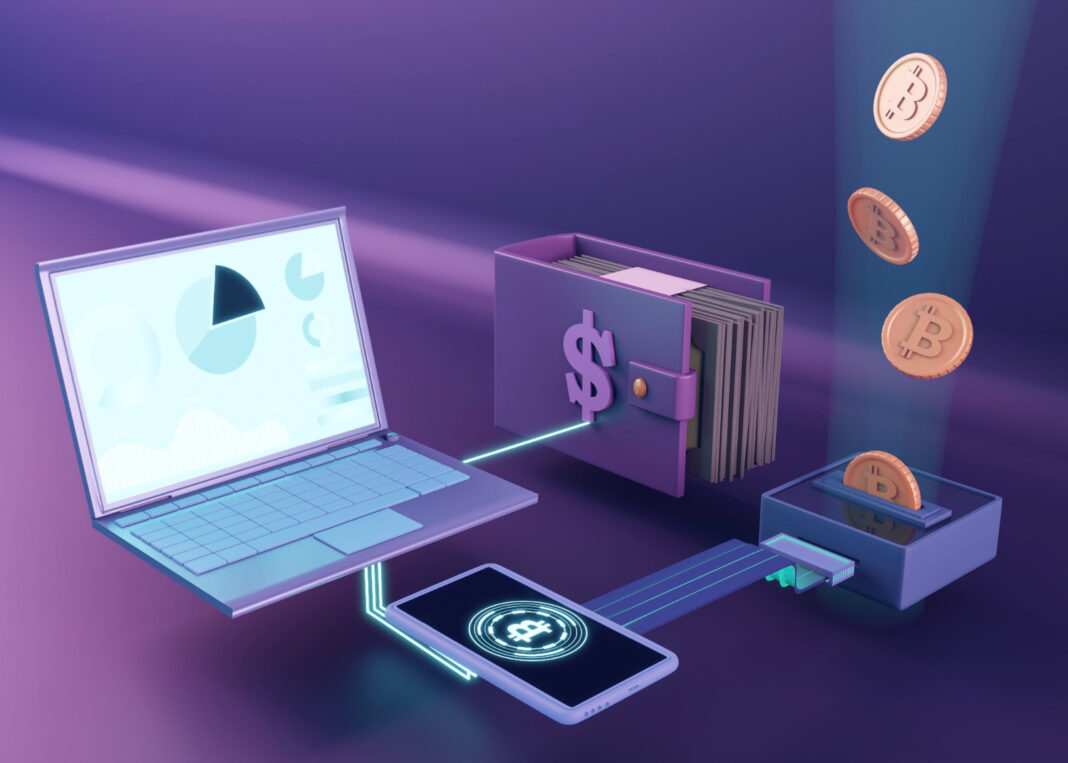Blockchain has many other use cases and applications besides developing cryptocurrencies and their ecosystems. While most people are only aware of its role in the crypto world, there are numerous ways to apply it in industrial and government applications. These applications offer unique benefits over traditional ones because of their speed, cost-effectiveness, security, transparency, and trust.
These qualities make blockchain technology more attractive, boosting its popularity as a revolutionary business tool for the current age. You can use it to create a wide range of solutions for almost any industry you can think about. This article looks at blockchain’s most common uses of blockchain in the world today in various industry applications.
What can blockchain do?
Before looking at specific industry applications, here are some of the things you can do with blockchain applications:
- Identity verification and identification: You can manage identities and permissions and verify or authenticate users without revealing sensitive information.
- Payments: You can speed up payments anywhere without going through intermediaries, caring about geographical time zones, and sometimes very hefty transaction costs.
- Data access: You can make accessing and transferring data much easier by establishing a shared truth on data from many sources in real-time, leaving no room for fraud and error.
- Recording: Data recorded on the blockchain is transparent and cannot be changed without consensus from all participants in a transaction. You can use it to keep an accurate record of transactions.
The things the blockchain technology can do discussed above apply across all industries. Below are some ways to use blockchain in various industries today and in the coming years.
Insurance industry
This is one of the industries in which traditional apps and systems have fallen short in making efficient and eliminating incidents of fraud. Research shows that the insurance industry loses up to $ 40 billion annually from double-dipping fraud.
But blockchain enables the development of more complex and efficient models for better recordkeeping and fraud detection. Blockchain data is verified and recorded in an immutable ledger, making it a reliable source. This ensures that data given by an insured is free of manipulation. You can easily verify and make the proper payouts, whether it’s a medical, home, car, or life insurance claim.
The insurance industry can streamline how incidents are recorded, reported, investigated, and compensated with proper blockchain consulting. Here are the ways the insurance industry can benefit from applying blockchain solutions:
- Prevention of double compensation fraud.
- Automatic processing of claims
- Data availability, access, transfer, and record for more effective underwriting
Clean information generates accurate results, so incorporating blockchain in insurance is transformational to the industry and resource-saving.
Suggested Read: How Blockchain Will Impact the Future of Finance?
Finance and banking industry

Blockchain facilitates faster, more secure financial transactions at lower costs. By digitizing financial instruments, there are fewer barriers to effecting transactions locally or globally. Some of the most prominent uses of blockchain in the finance and banking industry include:
- Eliminating third parties to make transactions cheaper and quicker
- Eliminating paperwork and manual processes that are error and damage-prone through the creation of digital assets
- Facilitating quicker loan processes through blockchain document verification and self-executing contracts
- Raising capital for startups and business expansion through the issuance of digital tokens
- Creating a more transparent, secure, and efficient ecosystem for payments
Supply chain and logistics Industry
The supply chain process is long, complex, and involves numerous players. The issue of verifying product origin and tracing it along the supply chain is a significant challenge to businesses. Due to the many participants, each with their own systems and practices, transparency and communication can be hindered. These issues end up costing businesses time and money.
However, blockchain can help bring all players in the supply chain under one platform, and improve transparency and trust. Store owners can track items from source to customer more effectively. Blockchain in transport and logistics helps boost shipping partners’ accountability in delivering products accurately and on time.
Some of the top ways blockchain benefits these industries include the following:
- Proper visibility in the product cycle from material source, manufacturing, storage, shipping, and supply
- Easy supplier payments with smart contracts
- Reduce cases of counterfeit goods through authentication
- Collaborate and communicate better with all players in the supply chain
- Higher product safety as tracking for perishable goods
Blockchain assures better supply chain, logistics, and transport across a network of entities, reducing delays, losses, and negligence that often happen with manual processes.
Real Estate Industry
Real estate is a lucrative industry which makes it popular with investors. But real estate investments don’t come cheap and can be out of reach for many who want to get started. But now, ownership is more affordable through fractional tokens in real estate. Many people can own a piece of land or building and grow their investment portfolios.
Another use of blockchain in real estate is in the acquisition process. The traditional process of land acquisition is long and tedious. It involves a lot of parties to complete. You need agents, notaries, and mortgage brokers. This can cause long delays in completing the purchase and transfer process and the risk of human errors. Blockchain makes local and cross boarder property evaluation and ownership verification quicker. There’s no need to rely on paper contracts or lawyers. The benefits of blockchain in this industry are:
- Speedy transactions
- Verification of ownership
- Quicker payments
- Fractional property ownership
- Third-party process elimination
- Cost-effective property acquisition and transfer processes
Conclusion
Adjusting and adopting new technologies requires thinking and evaluating your specific business and possible use cases. While blockchain has many use cases across various industries, it’s your job to consult with the experts before applying it to your niche. And if you’re ready to start, the best practice is to begin on a small scale and evaluate and grow your blockchain processes and applications.
Find the use cases and applications of blockchain in your industry and consult a blockchain expert to guide you on the best way. Otherwise, blockchain technology is among the most innovative, adaptive, and future-proof technologies of the 21st century and is worth trying.
Also Read: Can Blockchain help in Cybersecurity



